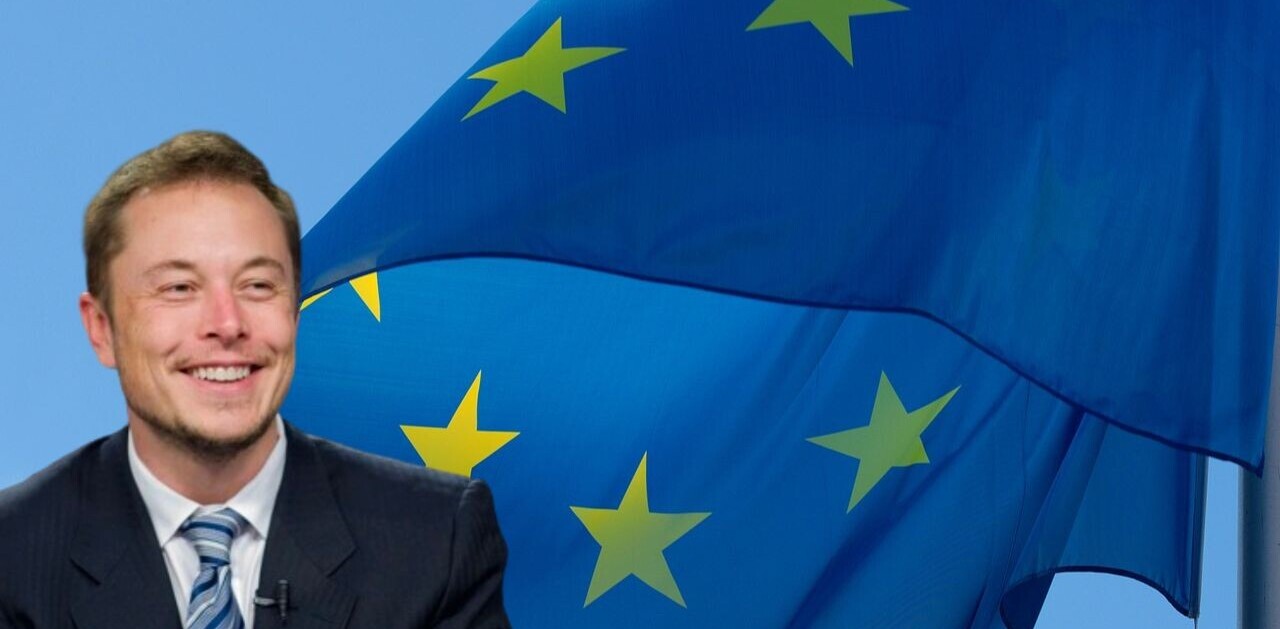
Editor’s note: This is a guest post by Kevin Cornils, CEO of UK-based, venture-backed European eyewear retailer Glasses Direct.
Why should a startup Silicon Valley business be valued at up to five times higher in the US, than its Silicon Roundabout equivalent in the UK?
As a Californian-born entrepreneur, who has chosen to spend the last decade working in London, I am struck by the huge difference in the way that the US and Europe values startups and early stage businesses.
Finding the next Facebook is as much the goal here as it is in California. There, it really seems a possibility. Yet here we focus too much on why it won’t happen.
To my mind, the history of tech success stories in the US – Microsoft, Google, eBay, Twitter – means it is second nature for a US investor to think that they might have the next Facebook on their hands.
In Europe, companies like Skype, developed in Tallinn, and Spotify, in Sweden, have been global groundbreaking ventures, but there has never been the same hype around them or their founding teams as there has been around US startups like Twitter, Google and Amazon.
In Europe, we talk about the lack of an “ecosystem” for start-ups. In the US, the founders and entrepreneurs that started and drove these businesses, create the ecosystem through their inspiration.
This huge difference in attitude feeds directly through to valuations of startups.
Last spring, JustEat.com – the takeaway food website – was very pleased to receive its third round of venture capital funding funding of $64 million (£39.8 million). Meanwhile, Yelp, a US restaurant review site that is a smaller business than JustEat, was making its stockmarket debut with a valuation of $1.47 billion.
In the retail sector of my business, Glasses Direct, we have also seen a disconnect from our leading US rival, Warby Parker, which recently received a valuation rumoured to be 8 to 10 times revenue. European businesses are more likely to attract funding closer to two-to-three times revenue.
It is a pattern that continues as companies grow. Listed European technology firms valued at more than $100 million are on average 32 percent cheaper than their North American peers. Bloomberg says they trade at an average ratio of 15 times earnings compared with 22 times earnings in the US and Canada.
Behind this, there lies a lack of financial and market support for start-ups in Europe.
In every year from 1995 to 2010, venture capital investment was higher in the US than it was in Europe – reaching four to five times the European level in many years (BVCA report [PDF], page 29).
In 2010, the last year for which figures are available, investment reached $23,263m across the Atlantic, compared with $4,978 million in Europe. Meanwhile, a report in 2009 by the British Venture Capital Association, showed that Silicon Valley funds around 300 mid to late growth companies each year at levels of £5 to £20 million, whereas the UK only funds about 60 (CBI report [PDF], page 28).
While the US VC sector is worth more than $30 billion a year (CBI report [PDF], page 29), the UK’s is far smaller.
Even the press act differently. In the US, a whole media sector exists to chart startups and is eager to tell success stories, whereas in Europe, journalists are keener to write about the difficulties startups have.
Progress has been made with the LSE and Downing Street initiative to make it easier for high growth companies to float. However, the fact that there is no Internet category for institutional investors to cover might continue to make this a challenge.
Here in the UK where we lead the G20 in terms of the internet’s role in our economy, isn’t it time that we learn to celebrate startups?
This is not just a plea for US-style valuations. It’s a humble request that startup businesses are valued in all senses of the word – and praised as much for what they have achieved so far, as for the future businesses they might become.
Image credit: Thinkstock
Get the TNW newsletter
Get the most important tech news in your inbox each week.




